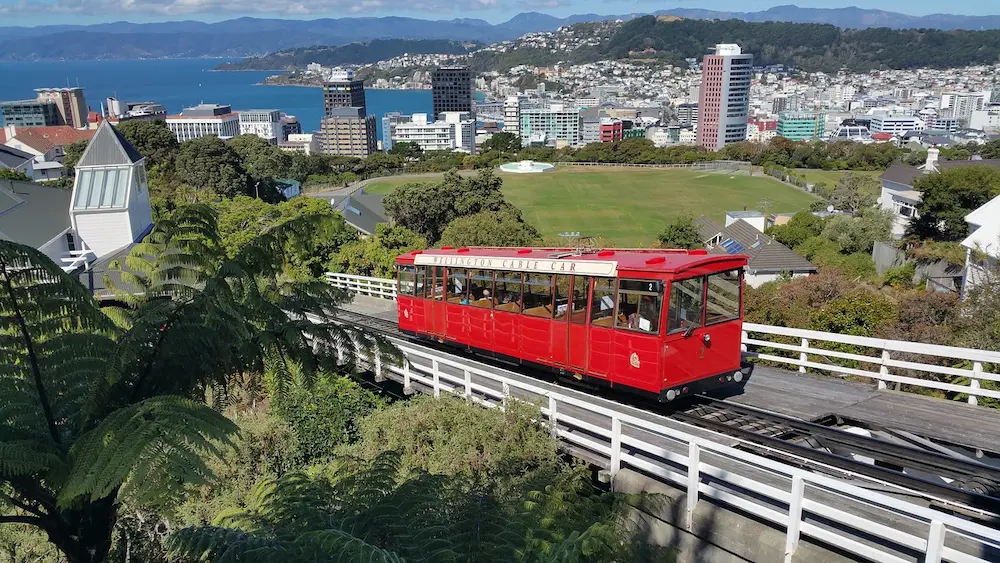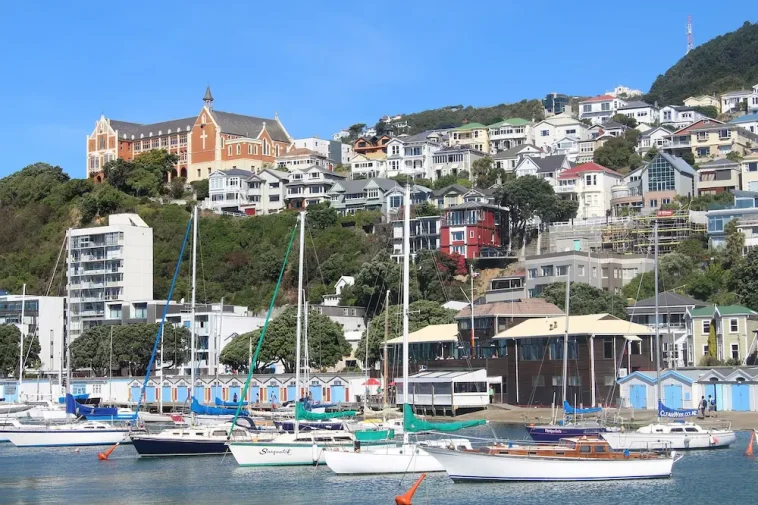Welcome to the vibrant heart of New Zealand’s North Island, Wellington – a city that boasts a dynamic cultural scene, stunning landscapes, and an increasingly competitive rental market. With its popularity amongst locals and expatriates alike, navigating the Wellington rental market can seem like a daunting task for renters and a lucrative opportunity for real estate investors. This comprehensive guide from local Property Management experts, Taylor Property Plus, aims to shed light on average rents, and rental trends, and provide valuable insights for both renters and investors looking to make the most out of Wellington’s housing market.
Introduction to the Rental Market in Wellington
Wellington, the capital city of New Zealand, is experiencing a dynamic shift in its housing market. A surge in demand, combined with a limited supply of rental properties, has significantly impacted rental prices. Recent trends indicate a steady increase in rental costs, making it crucial for potential renters and investors to understand the factors at play.
Exploring Wellington’s Key Suburbs
Wellington’s appeal is not only defined by its bustling city centre but also by the unique character of its surrounding suburbs. Each suburb offers a different lifestyle and array of properties, catering to a broad spectrum of preferences and budgets.
- Te Aro: Situated in the heart of Wellington, Te Aro is known for its vibrant arts scene, countless cafes, and proximity to the waterfront. It’s a popular choice for young professionals and students, with a range of apartment living options from studio apartments to upscale waterfront apartments.
- Karori: Located to the west of the city centre, Karori is one of Wellington’s largest suburbs. It’s perfect for families and professionals looking for a quieter lifestyle close to nature. The area boasts a mix of traditional wooden villas and more modern homes, offering spacious living options with gardens and easy access to parks.
- Miramar: Famous for being the hub of New Zealand’s film industry, Miramar is a peninsula suburb with a strong community feel. Here, one can find a variety of property types, from vintage bungalows to contemporary new builds, suitable for singles, families, and creatives alike.
- Kelburn: Nestled near the city centre and home to Victoria University’s Kelburn campus, this suburb is ideal for students and academics. Its hilly landscape offers stunning city and sea views, with housing including character homes and modern apartments.
- Hataitai: Known for its sun-soaked hillsides and breathtaking views of the Wellington Harbour, Hataitai attracts a varied demographic with its charming mix of old and new properties, including wooden cottages and renovated family homes.
The diversity of Wellington’s suburbs ensures that there is something for everyone, from bustling urban environments to serene, family-friendly neighbourhoods. With such a wide range of properties available, Wellington successfully caters to the preferences and needs of a diverse population, making it a dynamic and inclusive city to live in.

Factors Affecting Rental Prices
Several key factors influence rental prices in Wellington:
- Location: Proximity to the CBD, public transport, schools, and amenities can significantly affect rent.
- Property Type: From cosy studio apartments to spacious family homes, the type of property plays a crucial role in determining rental costs.
- Market Conditions: Economic factors, population growth, and housing supply vs demand all influence rental prices.
Current economic factors in New Zealand are significantly impacting Wellington’s rental prices. The nation has been navigating through a period of inflation, which has led to increased living costs across the board, including housing. Furthermore, Wellington’s status as a hub for both education and public sector employment contributes to the high demand for rental properties, pushing prices upward.
Another crucial economic factor is the low-interest rate environment that New Zealand has experienced in recent years, encouraging property investment and affecting housing availability. This scenario, coupled with the country’s housing shortage, has led to a competitive rental market, with demand often outstripping supply.
Additionally, population growth, driven by both natural increase and international migration (especially as border restrictions have eased post-pandemic), continues to strain the existing housing stock. This population pressure further exacerbates rental price increases as more people vie for limited housing options in Wellington.
These economic conditions, combined with specific local factors such as zoning laws and construction costs, ensure that Wellington’s rental market remains tight, with prices reflecting the city’s desirability as a place to live and work.
Rental Market Forecast
Looking ahead, the Wellington rental market is expected to remain competitive. Economic recovery post-pandemic, coupled with ongoing housing supply shortages, suggests that rental prices may continue to rise. However, strategic investments in housing and infrastructure development could help stabilise the market in the long term.
Tips for Renters
Navigating the competitive rental market in Wellington requires preparation and knowledge:
- Start Your Search Early: Demand outstrips supply, so begin your property search well in advance.
- Be Prepared: Have all necessary documents ready for your rental application to stand out.
- Understand Your Rights: Familiarise yourself with New Zealand’s tenancy laws to ensure a fair renting experience.
Insights for Real Estate Investors
For those considering real estate investing in Wellington, the market offers promising opportunities:
- High Demand Areas: Look for properties in areas with high rental demand and low vacancy rates.
- Long-Term Growth: Consider the long-term potential of your investment, focusing on areas with planned infrastructure improvements.
Conclusion
Whether you’re searching for your next rental home or considering an investment property in Wellington, understanding the local rental market is key. By keeping abreast of market trends and leveraging the insights provided in this guide, you can make informed decisions that align with your housing needs and investment goals.
Frequently Asked Questions
Is Wellington expensive to rent?
Compared to other regions in New Zealand, Wellington tends to have higher rental prices, attributed to its status as the capital city and its limited housing supply.
Why is Wellington rent so expensive?
The high cost of renting in Wellington is primarily due to the imbalance between supply and demand. The city’s growing population and limited housing developments contribute to this issue.
Where is the cheapest place to live in Wellington?
Suburbs further from the CBD, such as Upper Hutt and Lower Hutt, generally offer more affordable rental options compared to central Wellington.




